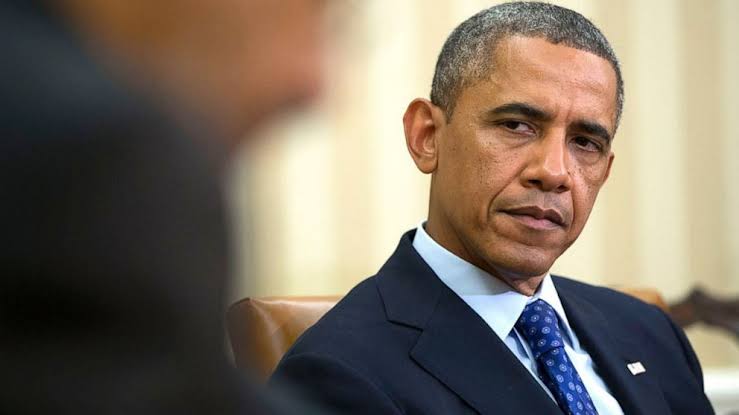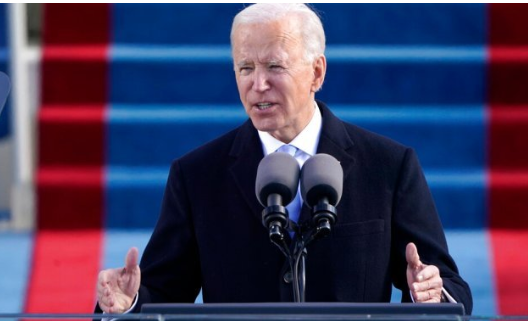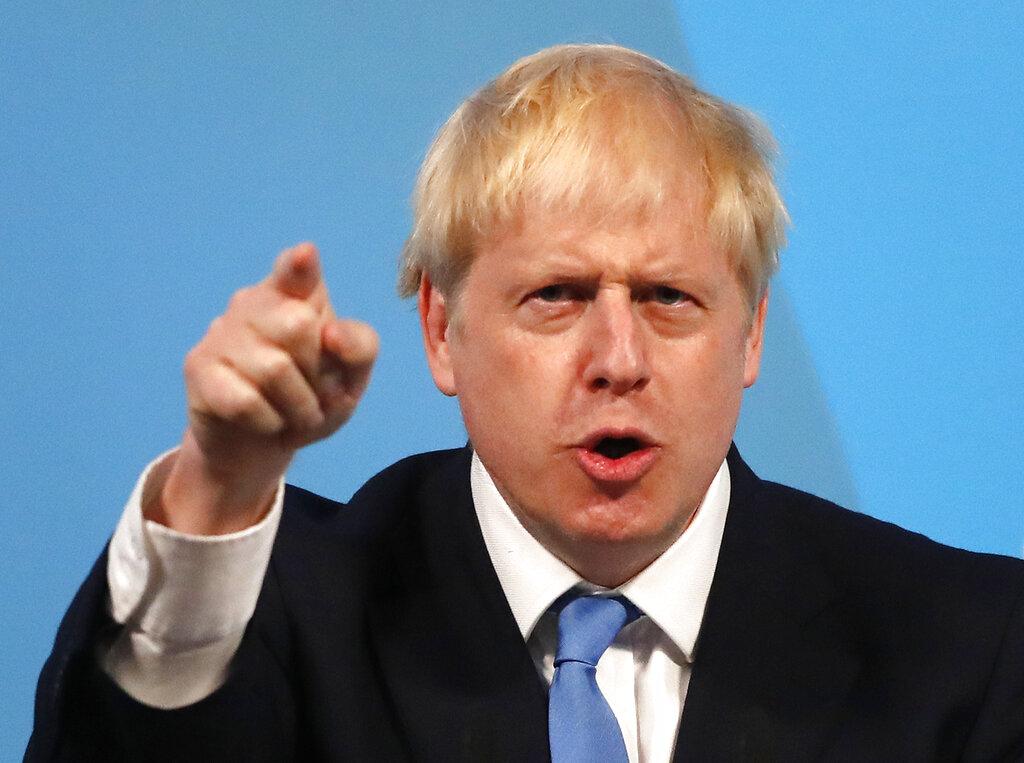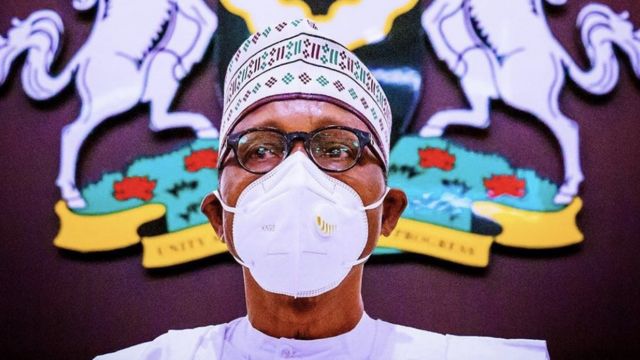Health
Coronavirus causes sudden strokes in adults between ages 30 and 40- Doctors say

The novel coronavirus appears to be causing sudden strokes in adults between ages 30 and 40 who are not otherwise seriously sick.
According to doctors, there’s growing evidence that COVID-19 pandemic can cause the blood to clot in unusual ways, and stroke would be the next thing.
Dr. Thomas Oxley, a neurosurgeon at Mount Sinai Health System, New York, and colleagues gave details of five people they treated. All were under the age of 50, and all had either mild symptoms of COVID-19 or no symptoms at all.
“The virus seems to be causing increased clotting in the large arteries, leading to severe stroke,” Dr Oxley said to CNN on Wednesday.
He continued, “Our report shows a seven-fold increase in the incidence of a sudden stroke in young patients during the past two weeks. Most of these patients have no past medical history and were at home with either mild symptoms (or in two cases, no symptoms) of COVID,” he added.
Oxley also said, “All tested positive. Two of them delayed calling an ambulance.”
Other doctors have also reported that people feel reluctant to call 911 or go to emergency rooms because of the outbreak of the pandemic. It is not common for people so young to have strokes, especially strokes in the large vessels in the brain.
“For comparison, our service, over the previous 12 months, has treated on average 0.73 patients every 2 weeks under the age of 50 years with large vessel stroke,” the team wrote in a letter to be published in the New England Journal of Medicine.
That’s fewer than two people a month. A stroke in a large blood vessel causes severe damage if it is not removed right away. At least one patient has died, and others are in rehabilitation facilities, intensive care or in the stroke unit. Only one went home but will require intensive care, Oxley said.
“The average person who has a large vessel stroke is severely impaired,” Oxley said. “It means it [was] a bigger clot. It includes one of the largest arteries in the brain.” Brain cells die when blood flow is stopped, and the longer it’s blocked, the wider the damage in the brain. Quick treatment is vital.
“The most effective treatment for large vessel stroke is clot retrieval, but this must be performed within 6 hours, and sometimes within 24 hours,” Oxley said.
The doctor also said his team wanted to tell people to watch themselves for symptoms of coronavirus infection and to call 911 if they have any evidence of stroke. “Up until now, people have been advised to only call for an ambulance with shortness of breath or high fever,” he wrote.
The easy memory device for stroke, he said, is “FAST”: F for face drooping, A for arm weakness, S for speech difficulty and T for time to call 911 or 321 for COVID-19 or related signs mentioned in the above consequent analysis. Some patients who tested positive for coronavirus have a propensity toward developing blood clots, which can be life-threatening if the clot travels to the heart or lungs.
Doctors try to unravel why they’re seeing ‘unprecedented’ blood clotting among persons who tested positive for coronavirus.
-

 Education7 days ago
Education7 days agoJUST IN: Maths No Longer A Must— FG Changes Higher Institutions Admission Policy
-

 Headline1 week ago
Headline1 week agoJUST IN: Tchiroma Claims Presidential Election Win As Cameroonian Awaits Official Results
-

 Brands and Marketing6 days ago
Brands and Marketing6 days agoWhy Naira Depreciation Is Not Necessarily Bad— IMF Explains
-

 Entertainment1 week ago
Entertainment1 week agoJUST IN: Famous Evangelist Uma Ukpai Is Dead— Reports
-

 Headline6 days ago
Headline6 days agoFULL FIXTURES: S’Eagles Draw Gabon In Crucial World Cup Play-Off Semi-Final
-

 Headline4 days ago
Headline4 days agoFIFA RANKING: Super Eagles Now Among Africa’s Elite Five— See New Ranking
-

 Education2 days ago
Education2 days agoUPDATED: Maths, English Remain Compulsory For r O’Level Students— FG Reaffirms
-

 Education1 week ago
Education1 week agoASUU Set To Begin Warning Strike, See Date
-

 Headline7 days ago
Headline7 days agoW’CUP QUALIFIER: S’Eagles Win Over Benin Secures Playoff Spot
-

 Headline5 days ago
Headline5 days agoSenate Affirms Amupitan As INEC New Chairman










